


Senior Living Resources: Your Guide to Empowered Choices The Camellia at Gulf Breeze
Senior Living Resources: Your Guide to Empowered Choices The Camellia at Gulf Breeze

I’m Taking Care of Myself
Exploring senior living options is a significant step in your life’s journey. It’s a decision that should align with your individual lifestyle and needs. To ensure you’re well-equipped to make informed choices, we have meticulously curated a treasure trove of invaluable resources. These resources are designed to empower you throughout your journey, from initial exploration to the moment you become a cherished resident.
Our commitment to your well-being extends beyond the confines of our community. We believe in equipping you with knowledge that will serve as a guiding light, now and into the future. This carefully curated collection of resources is a testament to that commitment. It’s a repository of insights, advice, and guidance that will remain a trusted companion on your path to self-care and senior living.
We understand that knowledge is ever-evolving, and so is your journey. That’s why we continuously update these resources, ensuring that you’re armed with the latest insights and wisdom. We invite you to bookmark this page, for it’s not just a webpage; it’s a beacon of empowerment. Return here regularly to discover new perspectives, gain fresh insights, and chart your course towards a life well-lived. Your journey to self-care begins here, and we’re honored to be a part of it.
5 Signs Your Aging Parent is Reluctant to Seek the Support They Deserve
The journey of aging is a unique and often challenging one, not just for the seniors themselves but also for their families. One common hurdle that many aging parents face is the reluctance to ask for help. The fear of losing their independence, the concern about burdening their loved ones, and the desire to maintain a facade of self-sufficiency can all contribute to this hesitation. As a caring family member, it’s crucial to be attuned to the subtle signs that may indicate your aging parent is in need of assistance but is hesitant to seek it.
1. Increased Isolation: One of the early indicators that your aging parent may be struggling silently is a gradual withdrawal from social activities. They might begin avoiding interactions with friends and family, opting for solitude more frequently, or showing signs of disengagement from their usual social circles. This isolation can serve as a silent plea for help.
2. Neglected Household: The state of their living environment can often tell a story of its own. Pay attention to any decline in housekeeping standards, such as an increasingly unkempt home or a neglected yard. These changes may signify that your parent is finding it challenging to manage these tasks independently.
3. Forgetfulness and Disorganization: Memory lapses, missed appointments, misplaced items, or bills left unpaid can be indicative of overwhelming stress and a struggle to stay organized. These lapses may be subtle cries for help, signaling that they need support in managing their daily responsibilities.
4. Physical Changes: Changes in their physical well-being can also offer insights into their reluctance to seek help. Unexplained weight loss, a decline in personal hygiene, or difficulties with mobility may be clear signs that your parent requires assistance but is hesitant to admit it.
5. Emotional Changes: The emotional well-being of your aging parent is just as important as their physical health. Sudden mood swings, increased irritability, or signs of depression could suggest that they are grappling with emotional challenges and could greatly benefit from additional support.
Recognizing these signs is the first step towards helping your aging parent live a more fulfilling and comfortable life. When you notice these indicators, it’s crucial to approach your loved one with empathy and understanding. Initiate an open and non-judgmental conversation to express your genuine concern and willingness to provide assistance. Emphasize that seeking help doesn’t diminish their independence but enhances their quality of life. Together, you can explore the various options available to ensure they receive the support they need while preserving their sense of autonomy and dignity. Remember, your support is a testament to the love and care you have for your aging parent, and it can make a world of difference in their well-being.
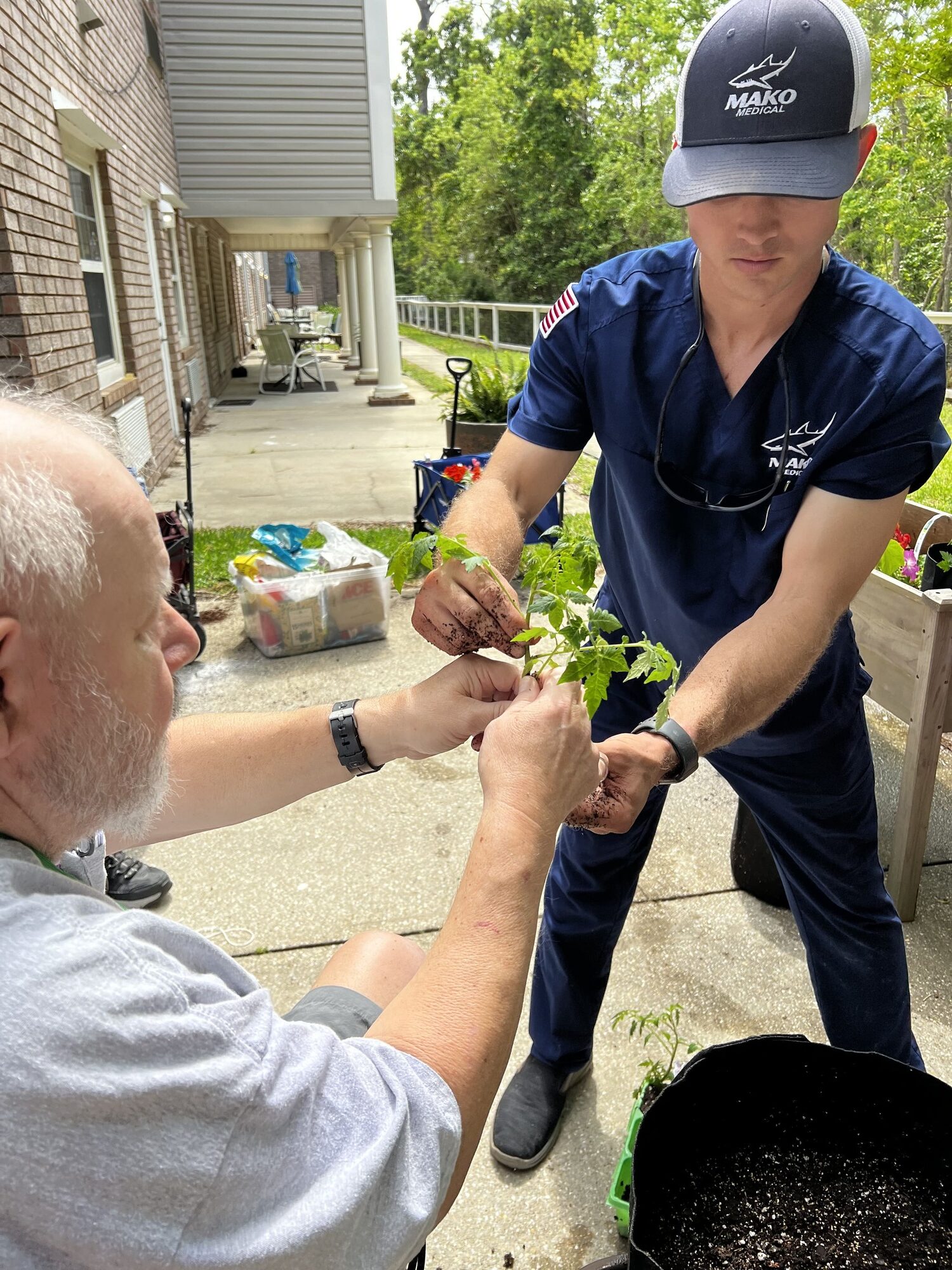
Empowering Seniors: 5 Ways Assisted Living Preserves Independence and Enhances Quality of Life
Independence is a fundamental aspect of a fulfilling life, and for seniors, it takes on even greater significance as they age. Assisted living communities are acutely aware of this and have committed themselves to creating environments that nurture and preserve seniors’ independence. These communities go beyond merely offering care; they provide a supportive framework that enables seniors to maintain their autonomy while enjoying an enriched quality of life. Let’s delve into the comprehensive ways in which assisted living empowers seniors to flourish independently:
1. Personalized Support: Assisted living communities understand that every senior is unique, with distinct needs and preferences. They offer a compassionate approach to care, providing personalized assistance with daily activities such as bathing, dressing, and grooming. By tailoring support to individual requirements, seniors can receive the help they need while preserving their dignity and autonomy.
2. Round-the-Clock Assistance: One of the primary concerns for seniors is the availability of care when they need it. Assisted living communities address this by ensuring that skilled nurses and trained caregivers are on-site 24/7. This constant accessibility to assistance instills a sense of security, enabling seniors to confidently pursue their chosen activities and interests without hesitation.
3. Enriching Lifestyle Programs: Assisted living communities recognize the importance of mental, social, and physical stimulation in maintaining independence. To this end, they curate a diverse range of programs and activities that cater to various interests and abilities. These thoughtfully designed initiatives not only stimulate the mind but also foster social interactions and promote physical well-being. Seniors are encouraged to stay active, explore new interests, and continue their lifelong learning journey.
4. Culinary Excellence: Good nutrition is integral to a senior’s health and vitality. Assisted living communities place a strong emphasis on culinary experiences, offering well-balanced meals prepared by skilled chefs. Menus are designed to accommodate specific dietary needs, granting seniors the freedom to choose from a diverse range of nutritious options. This ensures that seniors maintain control over their diet and overall well-being.
5. Convenient Amenities and Services: Assisted living communities understand that convenience enhances daily life. They provide a wealth of amenities and services aimed at simplifying daily tasks and fostering enjoyment. From housekeeping and laundry services that lighten the workload to transportation assistance that ensures mobility, seniors have access to resources that make everyday living both comfortable and enjoyable. On-site amenities such as fitness centers, beauty salons, and movie theaters further enhance the quality of life.
By offering personalized support, a dynamic and engaging lifestyle, and a wide array of convenient amenities and services, assisted living communities empower seniors to maintain their cherished independence. This empowerment goes beyond mere care; it nurtures a sense of autonomy and self-worth, allowing seniors to savor a life that is not just comfortable but also deeply fulfilling.

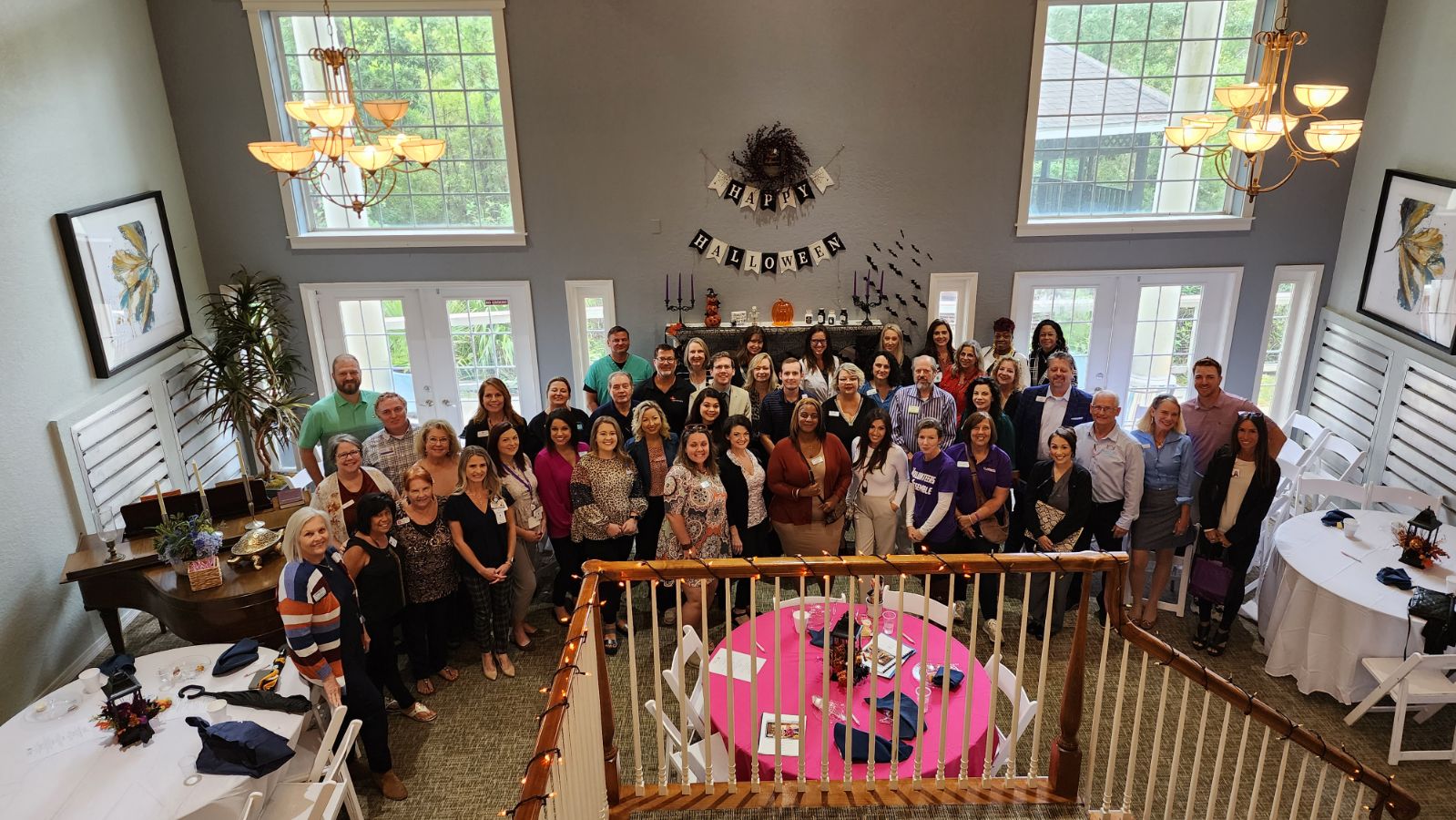



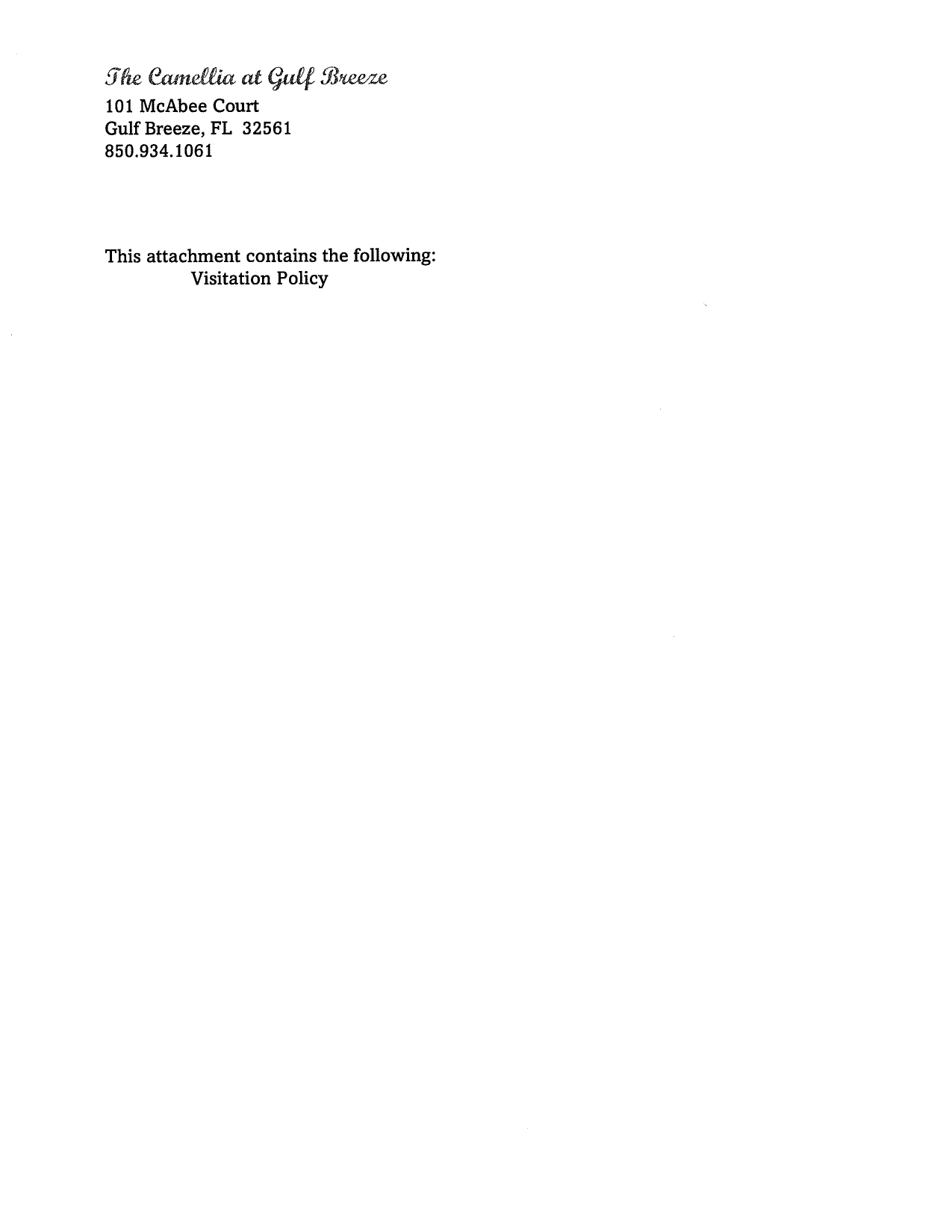 Page (1)
Page (1)
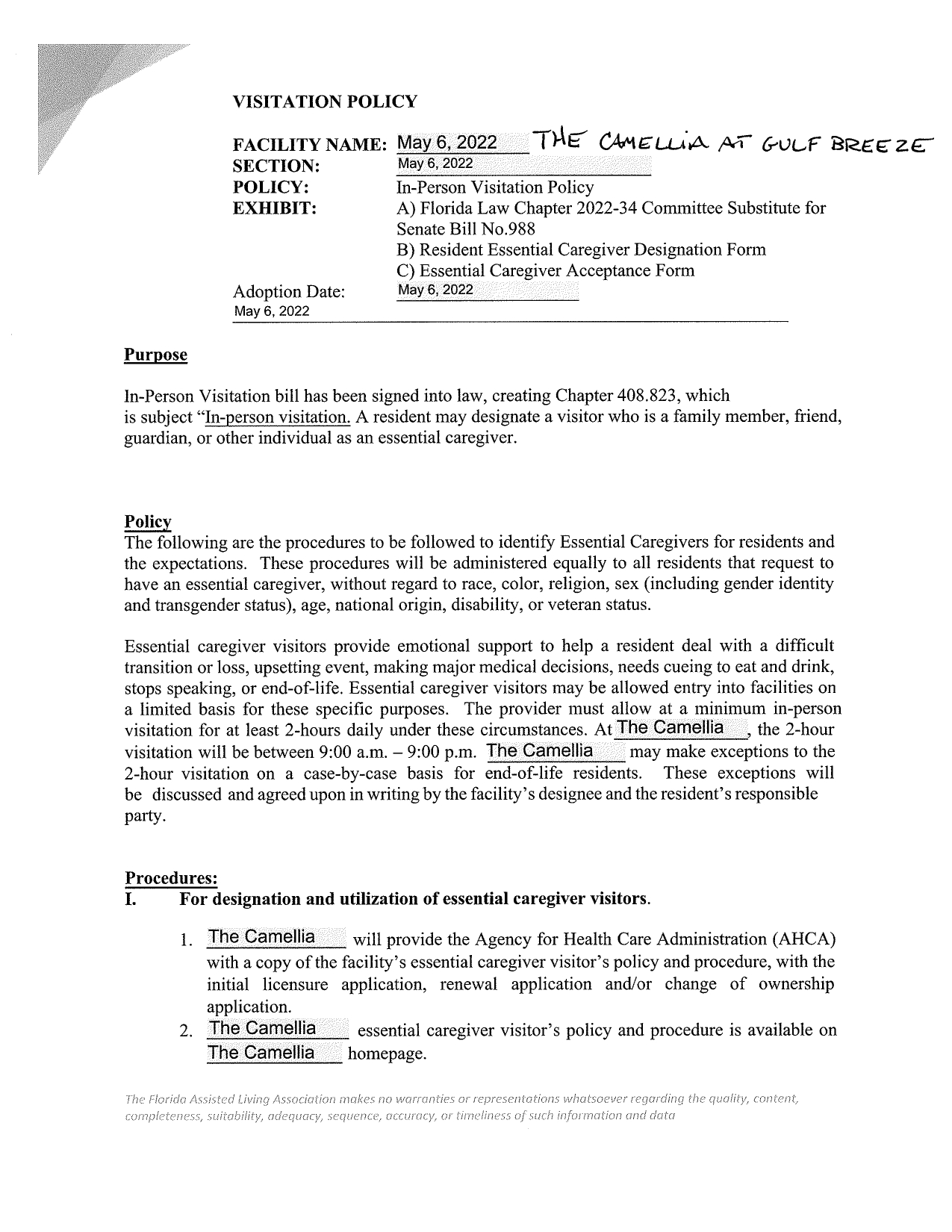 Page (2)
Page (2)
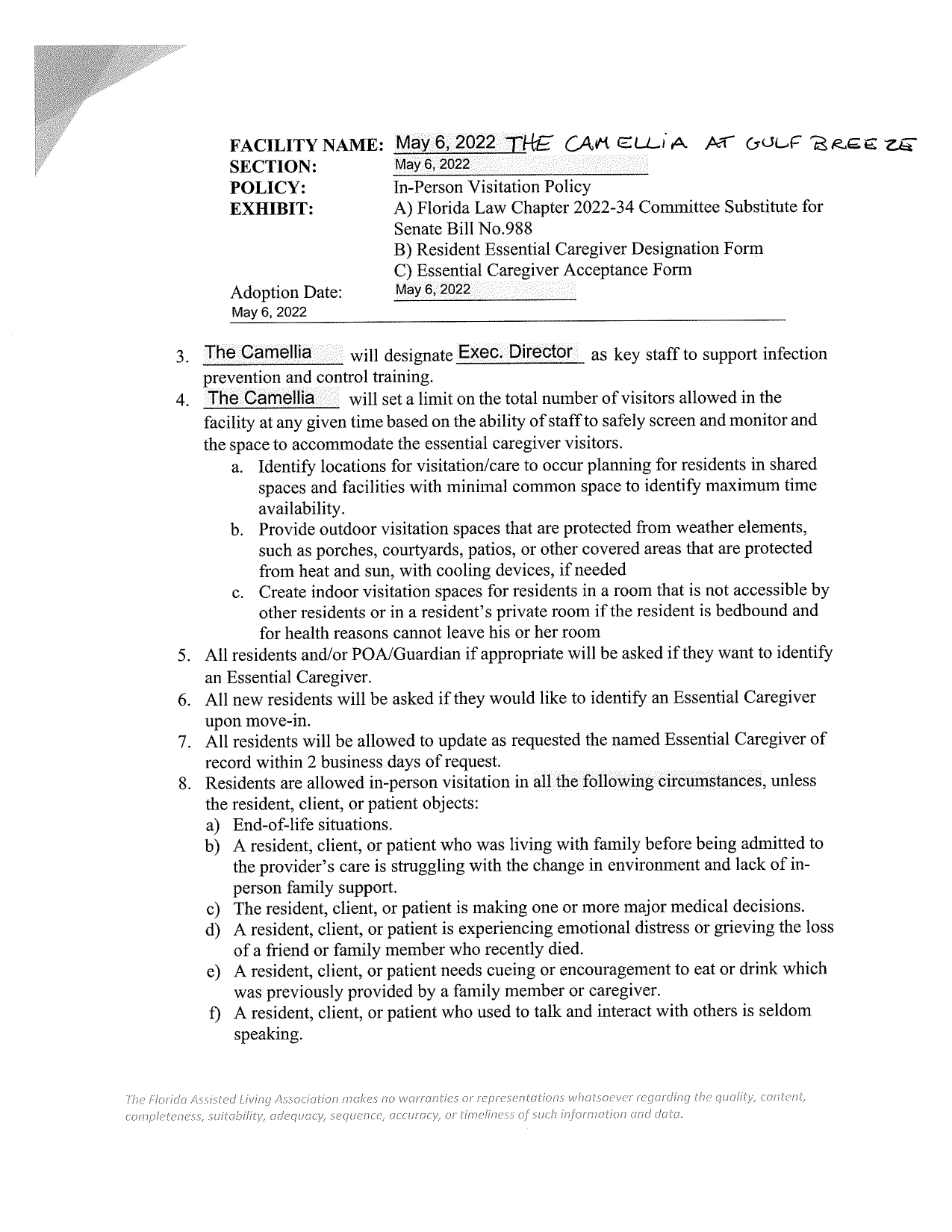 Page (3)
Page (3)
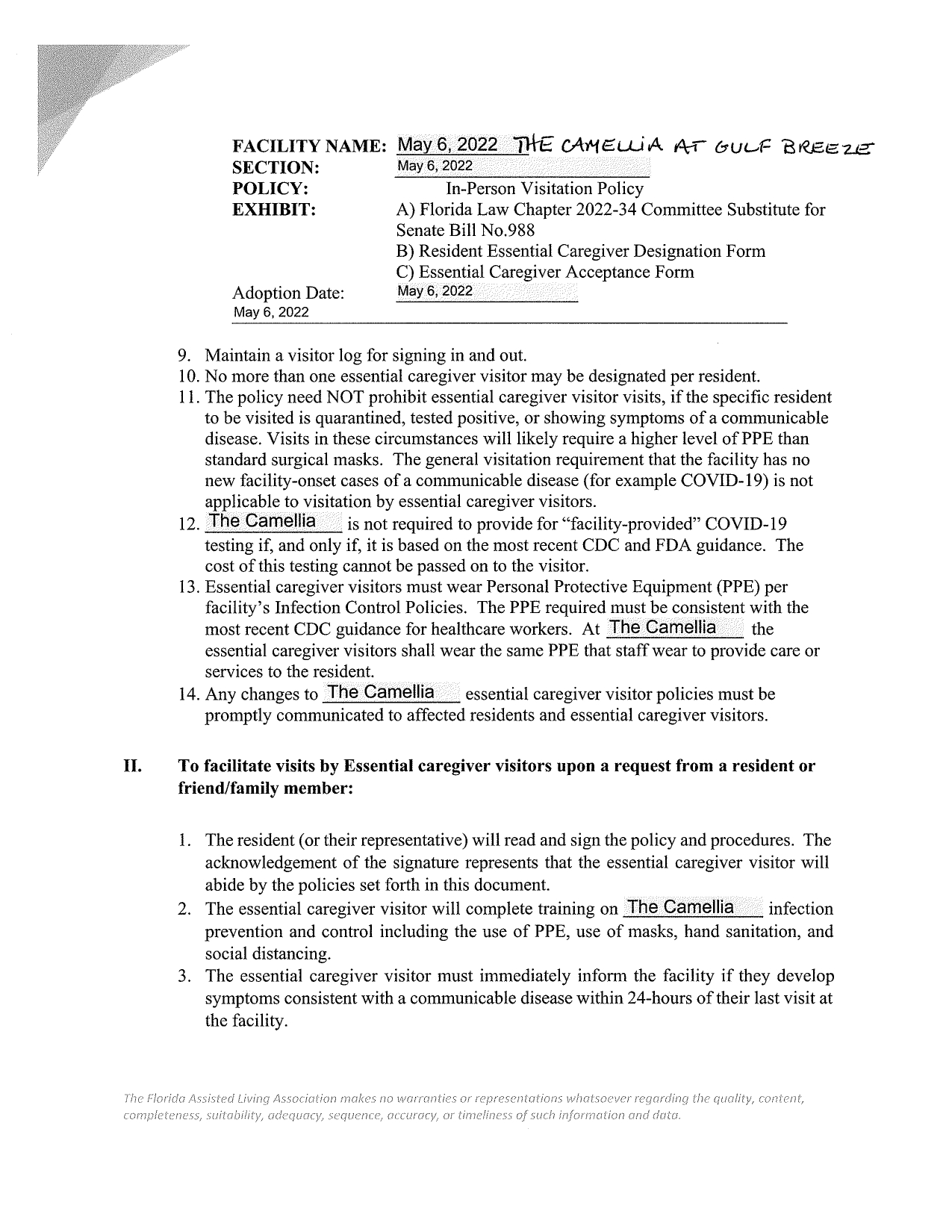 Page (4)
Page (4)
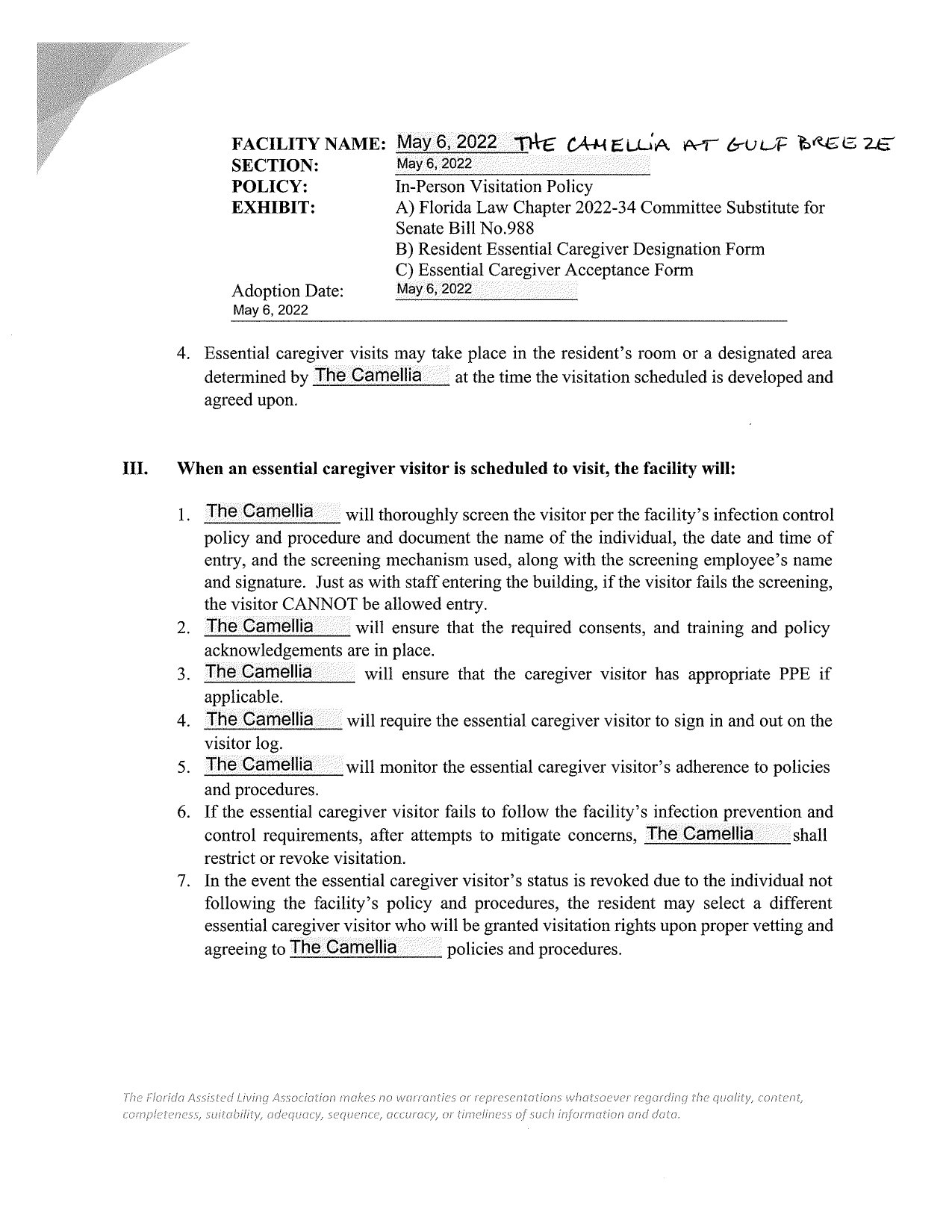 Page (5)
Page (5)
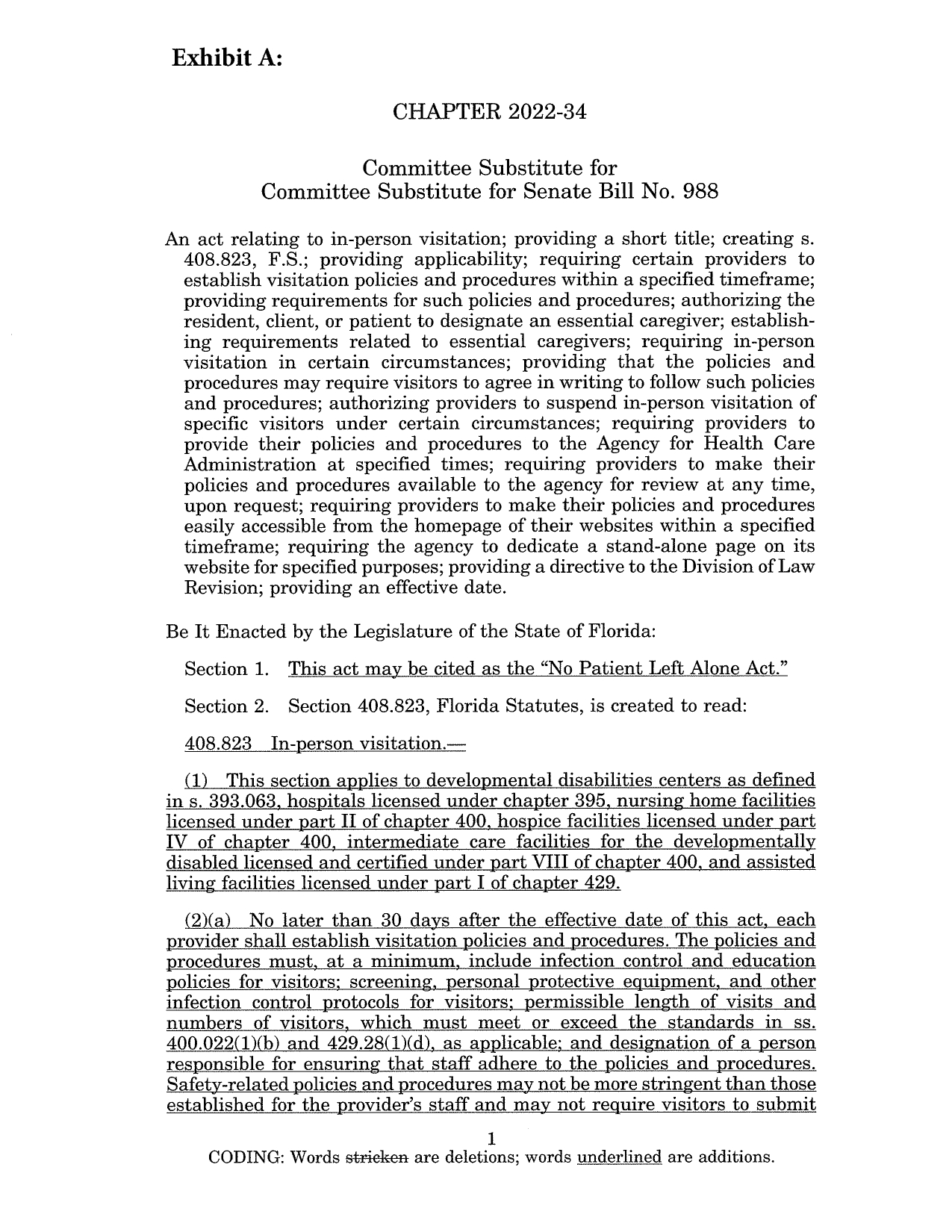 Page (6)
Page (6)
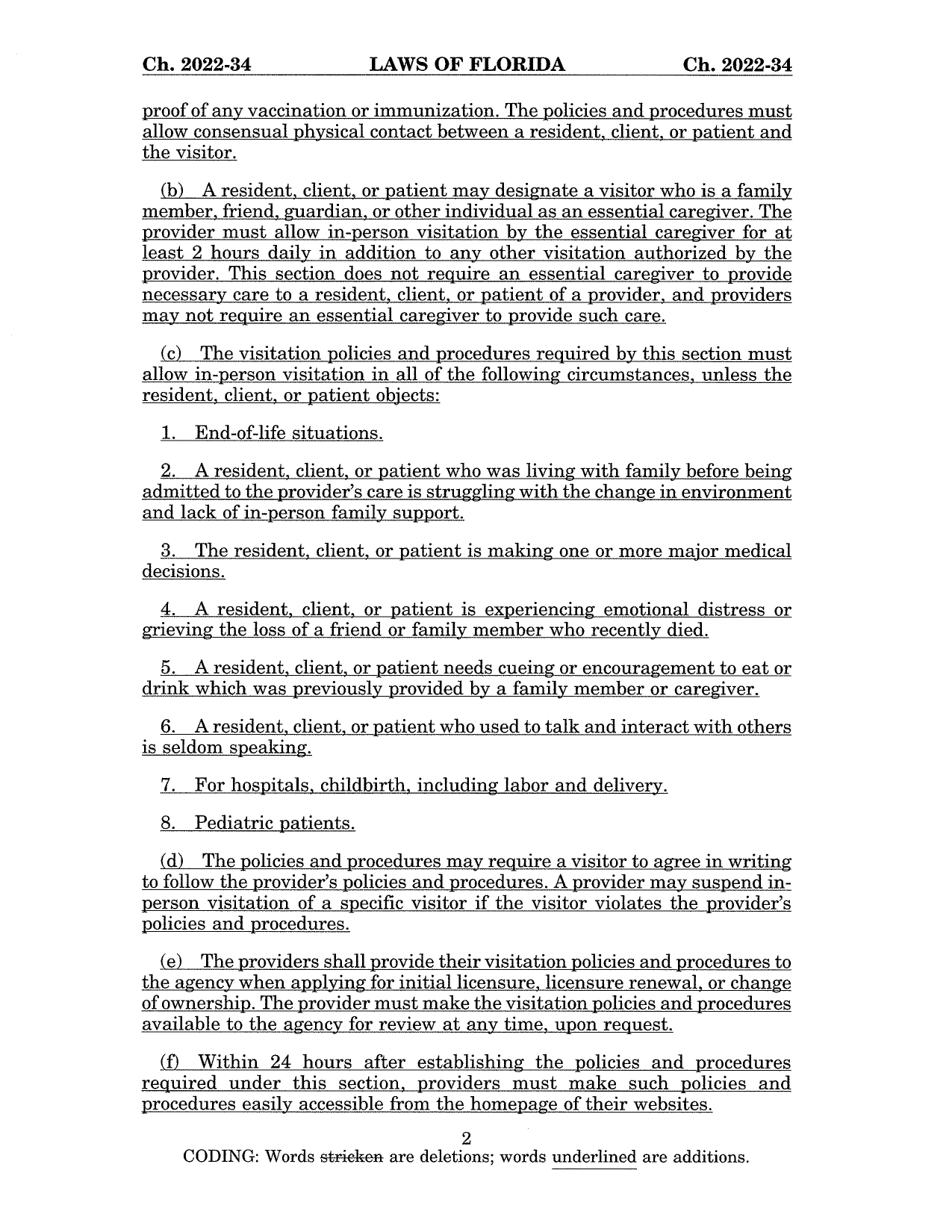 Page (7)
Page (7)
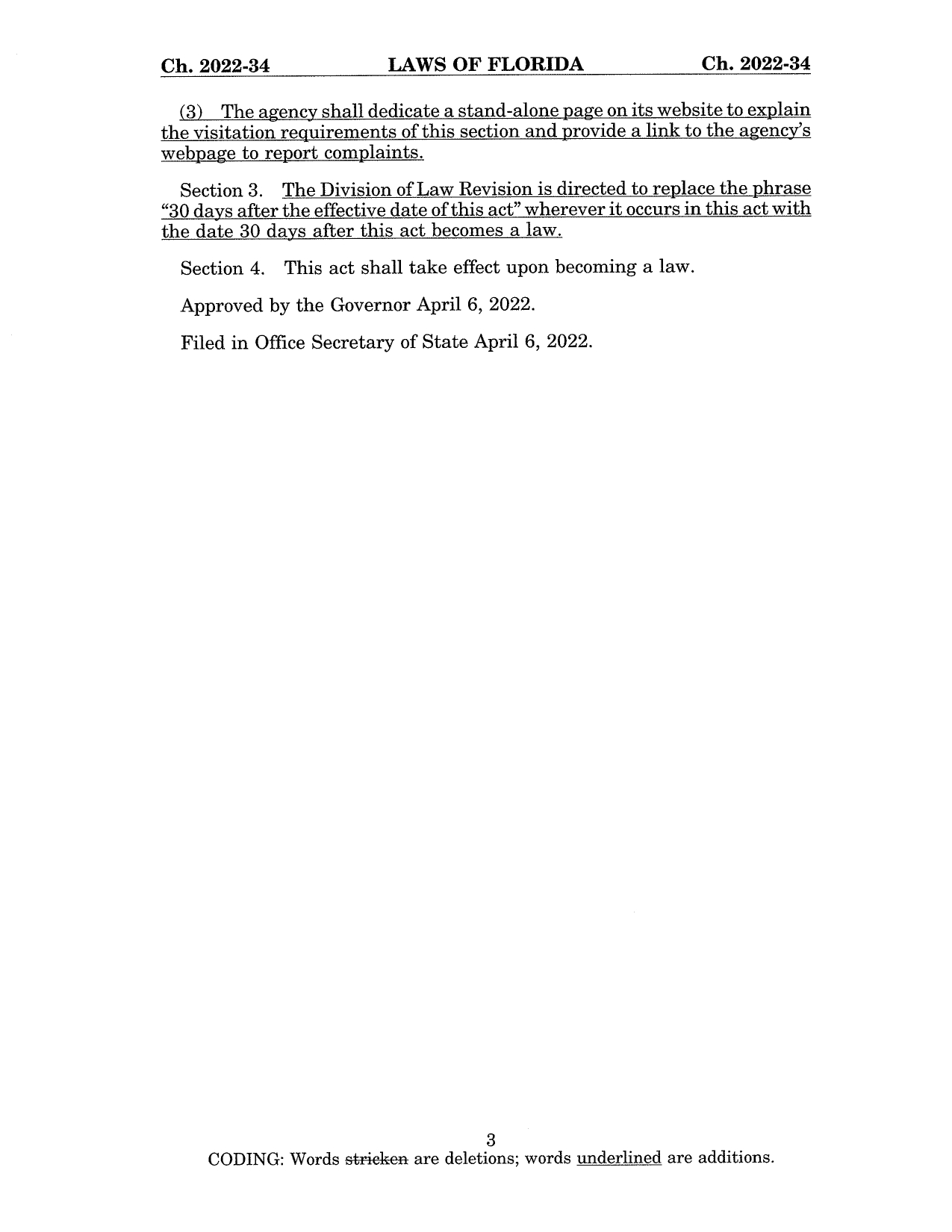 Page (8)
Page (8)
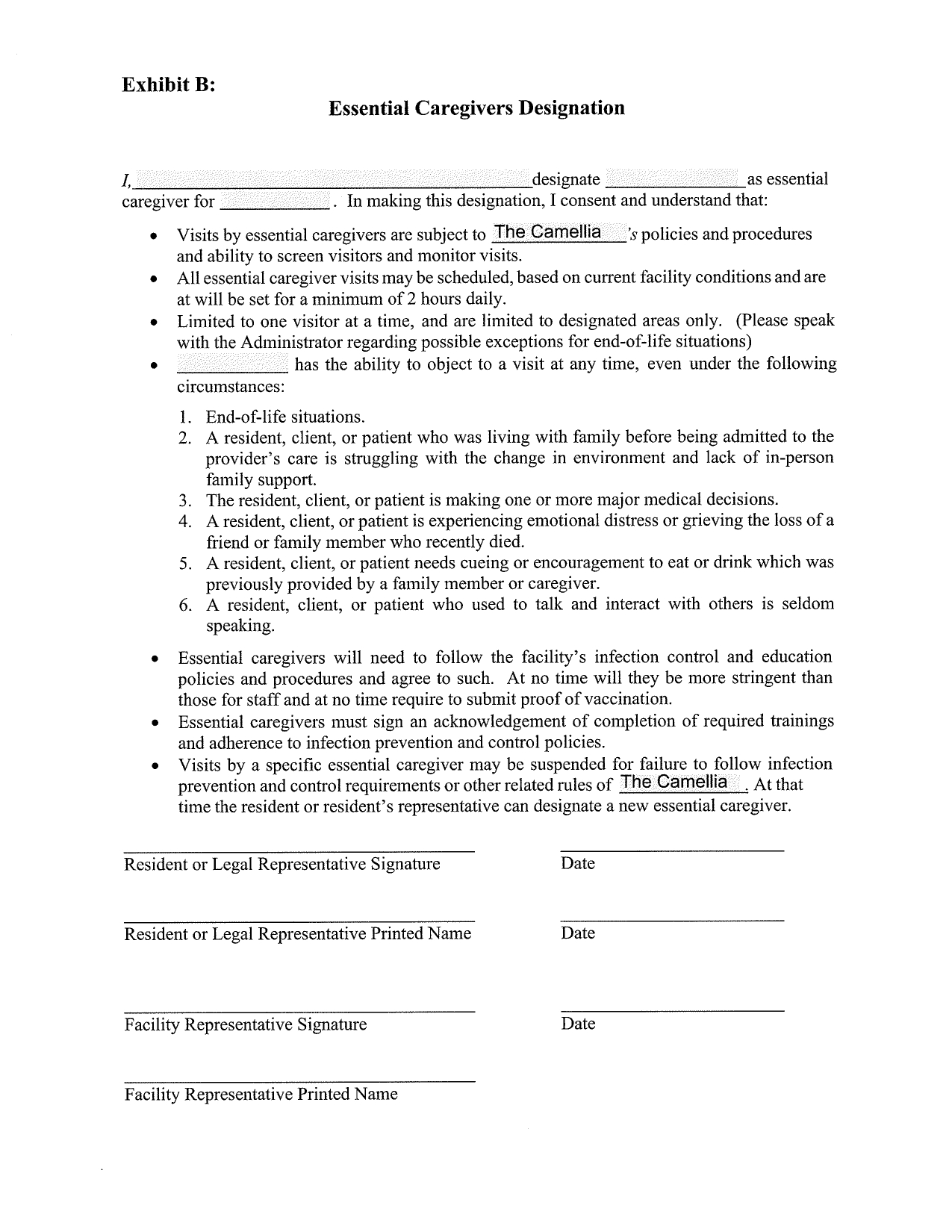 Page (9)
Page (9)
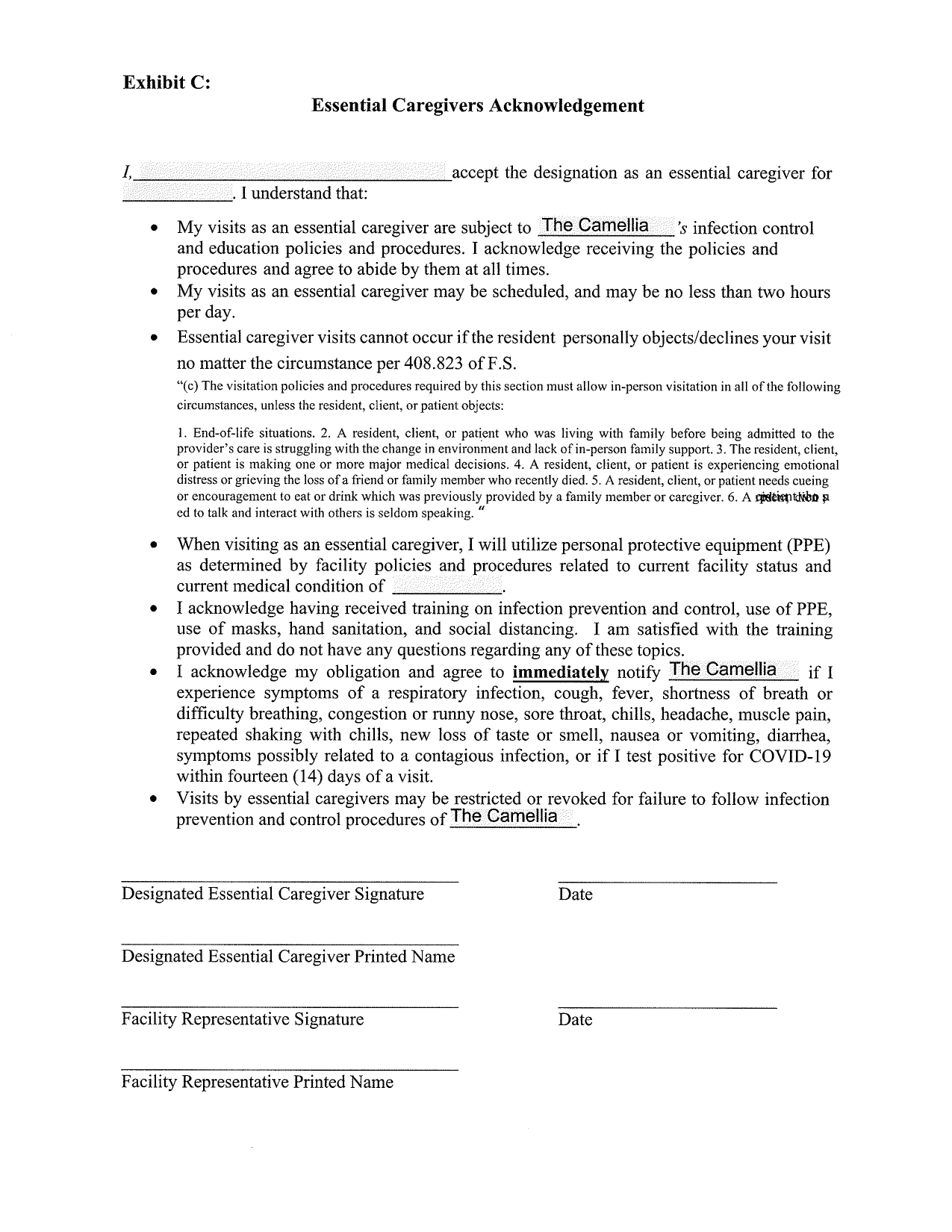 Page (10)
Page (10)